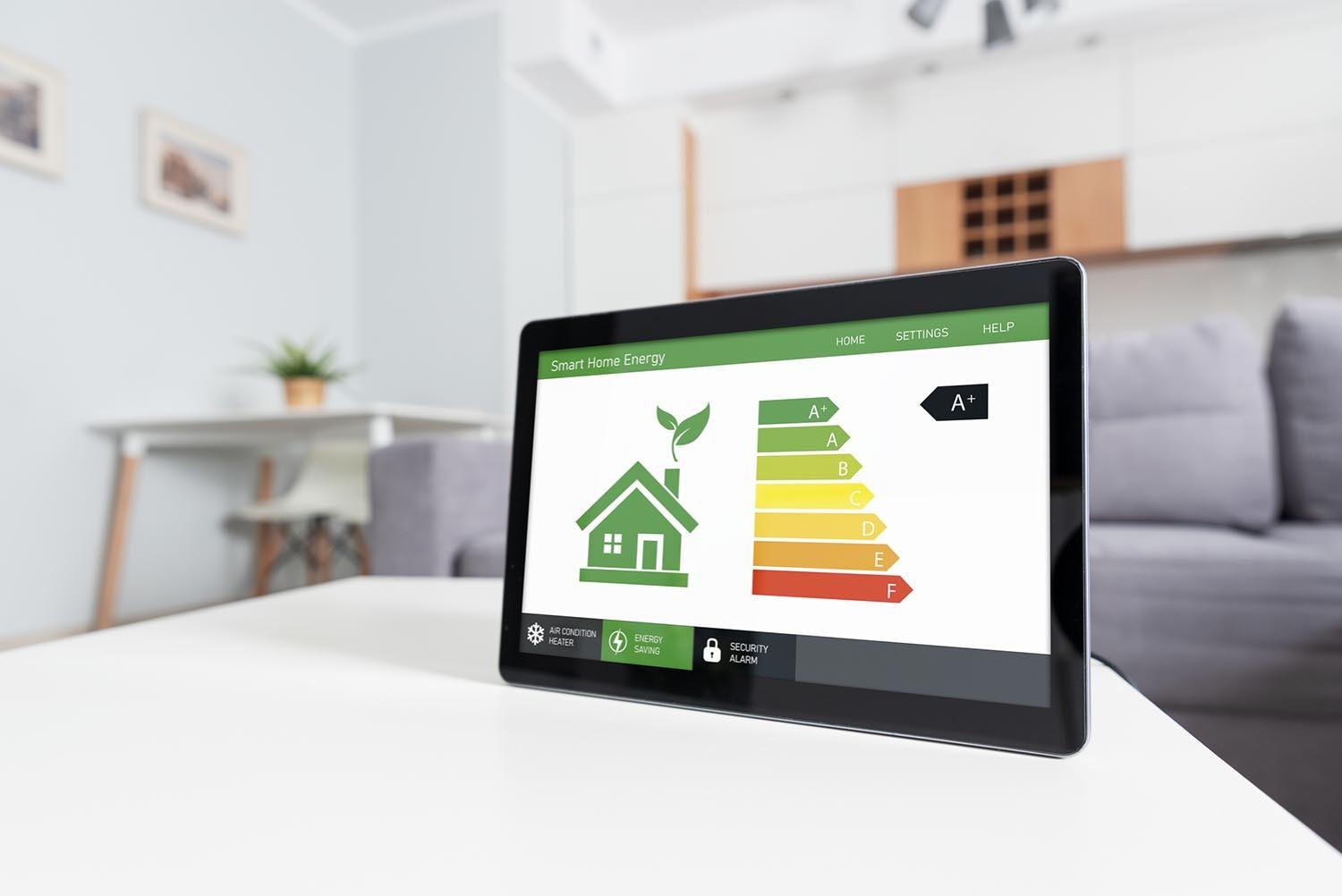
Since 1 April 2020, private landlords in England and Wales have been unable to legally let a property on an assured tenancy agreement unless it has a minimum rating of ‘E’ on the Energy Performance Certificate (EPC) – or unless an exemption for the property has been registered.
This is under the Domestic Minimum Energy Efficiency Standard (MEES) Regulations, which were introduced by the Government in April 2018, when it became illegal for any property to be let privately on an assured tenancy agreement or to have a tenancy renewed if it was rated ‘F’ or ‘G’ on the EPC. From April 2020, that was extended to include existing tenancies as well.
The Government had proposed that by 2025 it would be a legal requirement for newly rented properties - and by 2028 for existing tenancies - to have a minimum EPC rating of C. But in September 2023, the Government responded to a consultation into improving the energy performance of privately rented homes, which took place in January 2021, with the announcement that it would not be introducing new energy efficiency standards for rental properties after all.
However, it’s important to realise that the EPC rating of E is a minimum standard. There is a lot more you can and should do to go over and above this basic level to futureproof your property from any changes to the EPC rules.
The more energy efficient your property, the better for tenants who want lower energy bills and are increasingly looking for eco-friendly properties to make their home. And although it will require some financial outlay on your part, implementing energy efficiency measures should pay off in the longer term. Find out more in our ‘Ultimate guide to having an eco-friendly property’.
The Government recognised that rented properties rated ‘F’ and ‘G’ on the EPC were wasting energy and increasing their energy efficiency would help:
Landlords can register the following exemptions:
Registration is made on a self-certification basis and the exemption applies as soon as it’s been registered. That means if you have a valid reason for not bringing a rented property up to a minimum ‘E’ rating on the EPC – i.e. you can prove that one of the exemptions listed above applies – you can legally let the property as soon as you’ve registered the exemption.
You should obtain and hold all reports, quotes, etc. that support your exemption claim, such as a surveyor’s valuation or supplier/contractor quotes.
The exemptions generally last for five years, then either improvements must be made to bring the property up to the minimum standard, or another exemption can be registered. For more information refer to GOV.UK.
Your local authority can impose a maximum civil penalty of up to £5,000 per property, which may be made up of various separate penalties, including:
In addition to these financial penalties, landlords who do not have a valid EPC may also be unable to serve a Section 21 notice to gain possession at the end of the tenancy. Another potential cost is the loss of rental income for the period the property is legally unlettable.
For more information on what you need to do to make sure your property complies with the law and that it’s as eco friendly as possible, read our ultimate guide to having an eco-friendly rental property. And for practical advice to help you make informed decisions about how to future proof your home, tune in to our podcast on navigating soaring energy bills and the cost of living crisis, with energy expert, Rik Smith.
The Energy Efficiency (Domestic Private Rented Property (Scotland) Regulations 2020 were due to come into force on 1 April 2020, with the introduction of a minimum ‘E’ rating, but this was delayed due to the COVID-19 pandemic.
Then, in January 2021, it was decided that the ‘E’ minimum standard would be skipped, and the sector would go straight to ‘D’ in 2022. However, given the continuing impact of the pandemic, in October 2021 the Scottish Government took the decision to completely bypass the planned introduction of a minimum ‘D’ rating.
The intention is now to introduce the requirement for a minimum ‘C’ rating from 2025 for a change in tenancy and from 2028 for all tenancies.
As it currently stands, therefore, there is no minimum EPC rating required for rented properties in Scotland. . For more information see the Scottish Government’s Energy Performance Certificate reform consultation, which closed on 16 October 2023.
Read our ‘Ultimate guide to having an eco-friendly property’ for practical tips and advice on how to make your rental property more energy efficient.
